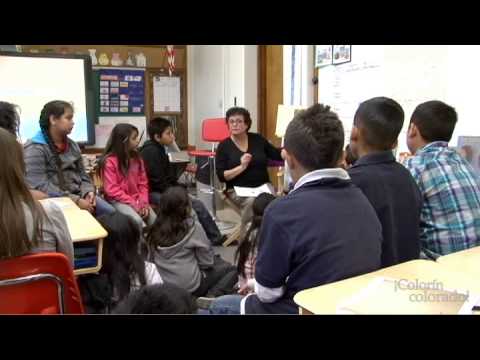Language Acquisition

Helping a student learn a new language is an exciting opportunity to provide students with skills that may make a huge difference in their future, as well as the future of their families. While there are key strategies and ideas that can make teaching a new language more successful, educators do not have to have a major in linguistics to make an important difference in their students' education! This section provides an overview of how language acquisition works and also explains the role of students' home languages in their learning.
Featured Articles
Related Video
Research and Reports
- Linguistic Life Expectancies: Immigrant Language Retention in Southern California
- Bilingual Effects on Cognitive and Linguistic Development: Role of Language, Cultural Background, and Education
- No Childhood Advantage in the Acquisition of Skill in Using an Artificial Language Rule
- How Long Does It Take English Language Learners to Attain Proficiency?
- Second-Language Acquisition and Bilingualism at an Early Age and the Impact on Early Cognitive Development
















